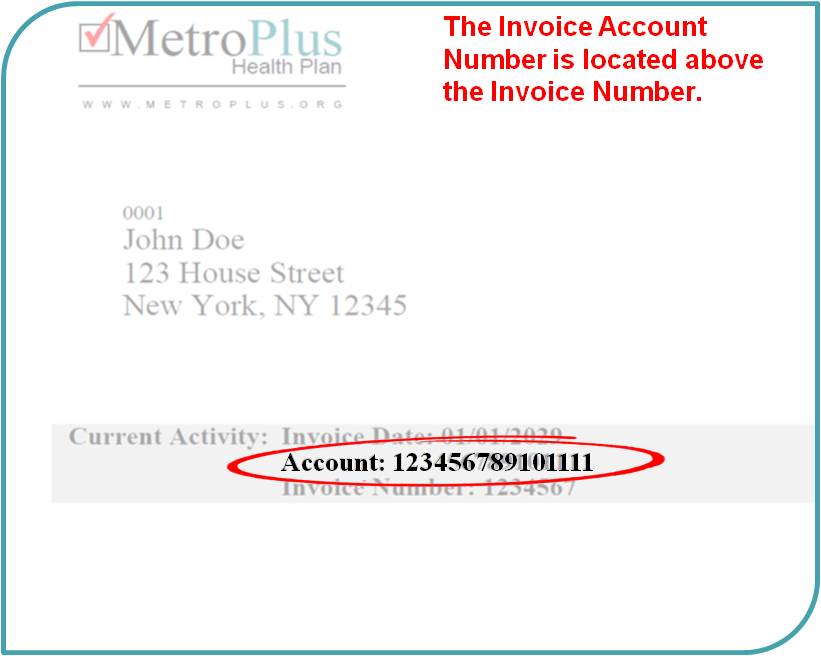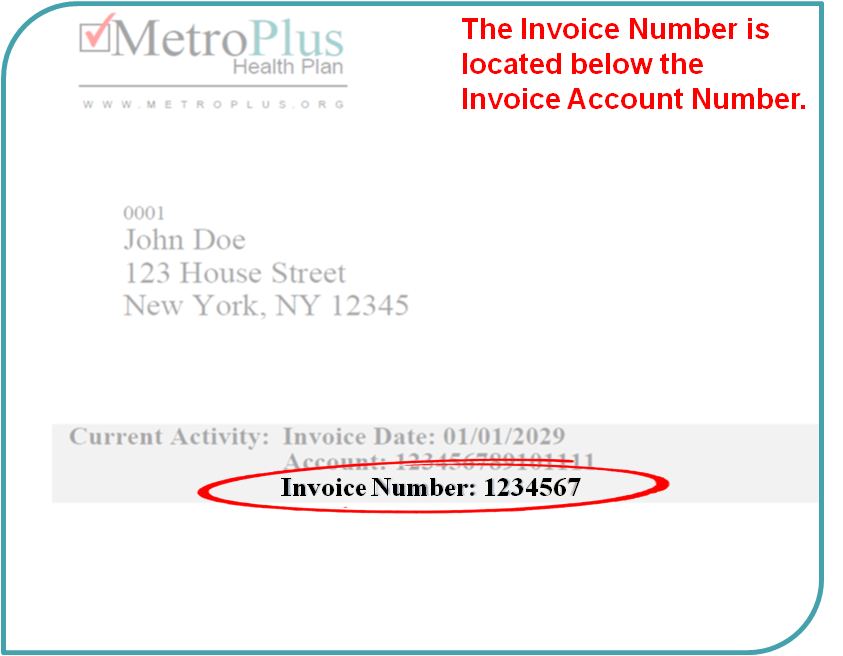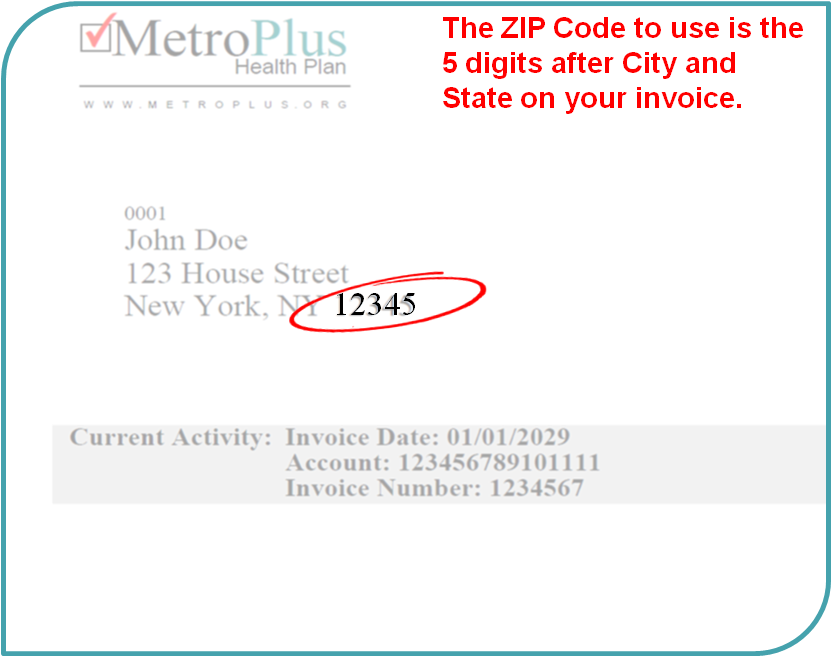Children and Family Treatment and Support Services
In 2019, MetroPlusHealth added services to our plans for children and youth under age 21. The change was part of New York State’s Children’s Transition. The services, first covered by NYS Children’s Medicaid, are for Child and Family Treatment and Support. That year, MetroPlusHealth also added more Behavioral Health services for children.
Members get these services at home or in the community. Young people and their families use the services to improve their health, well-being and quality of life. They make families stronger and help them choose care wisely.
Mental Health Care for eligible children under age 21
Services include:
- Comprehensive Psychiatric Emergency Program (CPEP) including Extended Observation bed
- Partial hospitalization
- Inpatient psychiatric services
- Individual and group counseling through OMH clinics
- Psychiatric services
- Psychological services
- Injections for behavioral health related conditions
Mental Health Care for eligible children under age 21 (minimum age of 18)
Services include:
- Assertive Community Treatment (ACT)
- Continuing day treatment
- Personalized Recovery Oriented Services (PROS)
Children and Family Treatment and Support Services (CFTSS), including:
- Other Licensed Practitioner (OLP)
- Psychosocial Rehabilitation (PSR)
- Community Psychiatric Supports and Treatment (CPST)
- Family Peer Support Services (FPSS)
- Crisis Intervention
- Youth Peer Support and Training (YPST)
Children’s Crisis Residence
This is a support and treatment program for people under age 21. These services help people cope with an emotional crisis and return to their home and community.
Children’s Home and Community Based Services
- Community habilitation
- Day habilitation
- Caregiver/family support and services
- Community self-advocacy training and support
- Prevocational services – must be age 14 and older
- Supported employment – must be age 14 and older
- Respite services (planned respite and crisis respite)
- Palliative care
- Environmental modifications
- Vehicle modifications
- Adaptive and assistive equipment
- Youth peer support services and training
- Crisis intervention
Substance Use Disorder Services for Individuals Under Age 21
- Crisis Services- a variety of treatments to provide immediate care for intoxicated or incapacitated individuals. The primary goal is to manage withdrawals from substances, and address associated medical and psychiatric complications. Crisis services include detox services, and are also designed to facilitate connections to continued care.
- Medically Managed Withdrawal Management-the highest level of detox treatment for those with the greatest need
- Medically Supervised Withdrawal Management (Inpatient/Outpatient*)-less intensive detox services
- Inpatient Rehabilitation – provides a safe and supportive setting for the evaluation, treatment, and rehabilitation of people with substance use disorders. Provides 24 hour, 7-day a-week care, supervised at all times by a medical professional and include intensive management of symptoms related to addiction and monitoring of the physical and mental complications resulting from substance use.
- Residential addiction treatment services- designed for people who are in need of 24 hour support in their recovery in order to participate in treatment. They are designed to develop or maintain recovery through a structured, substance-free setting, and include group support, independent living skills development and other services to promote recovery.
- Stabilization in Residential Setting-the highest level of support, often the first step, lasting up to a month
- Rehabilitation in Residential Setting-the next level of support, often lasting several months
- Outpatient addiction treatment services- provide clinical services for people with an addiction to substances and their families. May be delivered at different levels of intensity according to the needs of the patient. These services include counseling, education, and connections to community services.
- Intensive Outpatient Treatment-a structured program typically 3 days a week 4 hours a day
- Outpatient Rehabilitation Services and Opiate Treatment –
- *Outpatient Withdrawal Management – when the home environment is safe and the person is stable enough to engage actively without 24 hour support
- Medication Assisted Treatment- includes office based treatment with medications to help opiate, alcohol and other substance use disorders.
- Opioid Treatment Programs (OTP)- Opioid Treatment Centers (OTP) are Office of Addiction Services and Supports-certified sites where medication to treat opioid dependency is administered. These medications can include methadone, buprenorphine, and suboxone. In addition to medications, these facilities also offer counseling and educational services. In most cases, patients receiving services at an OTP clinic are provided treatment over a lifetime, similar to management of chronic physical ailments.
Children and Family Behavioral Health Services also includes:
Therapy Services (Other Licensed Practitioner)
These services:
- Let you choose individual, group, or family therapy
- Identify strengths and abilities
- Identify needs for mental health and/or substance use
Rehabilitation Services (Psychosocial Rehabilitation and Community Psychiatric Supports & Treatment)
These services let you:
- Apply therapy goals to daily life
- Get more help with your medications
- Relate and communicate better with family, friends and others
- Apply self-care, and manage your emotions with coping skills
Community Psychiatric Supports and Treatment (CPST) This benefit helps you stay in your home and communicate better with family, friends and others. Family Peer Support Services
- For help raising a youth with mental health and / or substance use needs
- Provided by a Credentialed Family Peer Advocate/Certified Recovery Peer Advocate who has worked with these issues
- Get support and help with:
- Finding information and resources to meet youth and family needs
- Making sound decisions
- Building and strengthening natural supports and resources
Children’s Home & Community-Based Services (HCBS) In late 2019, managed care plans like MetroPlusHealth began to cover these services. Before, members got these services through fee-for-service Medicaid and a Health Home referral. Learn more about these services here.
Another useful resource is Project TEACH, a Mental Health Consult for Pediatricians. To learn more, click here.
Who can get Children and Family Treatment and Support Services?
- Children and youth (under age 21) who are covered by Medicaid and have mental health and/or substance use needs.
- These services are covered at no extra cost by regular Medicaid. Members in a Medicaid managed care plan have these services covered under the plan.
How these services benefit our members
The services help children and their families/caregivers to:
- Learn early on about mental health and/ or substance use needs
- Provide support in the home and community
- Avoid ER visits, hospital stays, or out-of-home placements
For billing and coding information for these services, please see the New York State Children’s Health and Behavioral Health Services Billing and Coding Manual here.
Transition Age Youth (TAY)
This list has been complied to offer information and resources for young people transitioning to adulthood, their families and service providers.
Behavioral Health – Mental Health and Substance Use Support
Being a teenager is a challenge for every young person. In meeting the needs of youth living with behavioral health diagnoses or a substance use disorder, appropriate services and supports are critical to recovery.
Education and Employment Sites
For young people wishing to pursue an education and/or work. Information on preparing for college life, how to find and keep employment, and managing the transition with a disability.
Health, Wellness, and Relationships
People transitioning to adulthood must learn how to be proactive about their health care and wellness.
Life Skills, Independent Living, and Housing Resources
Life skills and independent living resources are necessary for an individual to become an independent adult. Stable housing provides a foundation to pursue life goals. Financial literacy resources and applications for important documents are included.
Parenting Resources
Offers helpful tips for parents of babies and young children as well as supportive resources when parenting with a mental illness.
Provider Support and Resources
Information for providers of services for young people transitioning to adulthood as well as resources for this developmental stage.
Youth Culture and LGBTQIA+ Youth Resources
Transition from childhood to adulthood in the context of our larger culture. Resources for LGBTQIA+ youth that respect and affirm their whole experience of self and can help them navigate some of the challenges posed by social stigma and other factors.
First Episode Psychosis (FEP)
An abundance of data accumulated over the past two decades supports the value of early intervention with services to help people maximize recovery following a first psychotic episode. Providers (inpatient & outpatient) will assess for and refer members experiencing first episode psychosis to specialty programs such as:
- OnTrackNY Providers, trained by The Center for Practice Innovations (CPI) at Columbia Psychiatry/NYS Psychiatric Institute, deliver coordinated, specialty care, for those experiencing FEP, including: “psychiatric treatment, including medication; cognitive-behavioral approaches, including skills training; individual placement and support approach to employment and educational services; integrated treatment for mental health and substance use problems; and family education and support” (CPI website). Each site has the ability to care for up to 35 individuals. Requirements:
- Ages 16-30
- Began experiencing psychotic symptoms for more than a week, yet less than 2 years, prior to referral
- The definition of FEP excludes individuals whose psychotic symptoms are due primarily to substance use *Providers who need to refer members for further behavioral health care should contact MetroPlusHealth.
- Currently there are 1-3 OnTrackNY sites in each of our 5 boroughs: https://ontrackny.org/contact For general information about the OnTrackNY initiative, or for training and consultation, please email [email protected]
Youth Culture and LGBTQIA+ Youth Resources
Transition from childhood to adulthood in the context of our larger culture. Resources for LGBTQIA+ youth that respect and affirm their whole experience of self and can help them navigate some of the challenges posed by social stigma and other factors.
Article 29-I Voluntary Foster Care Agency (VFCA) Health Facility Services
Core Limited Health-Related Services: Core Limited Health Related Services will be covered for children and youth placed with a 29-I VFCA Health Facility.
- Skill Building
- Nursing Supports and Medication Management
- Medicaid Treatment Planning and Discharge Planning
- Clinical Consultation and supervision
- Managed Care Liaison/Administration
And
Other Limited Health-Related Services: Other Limited Health Related Services provided by 29-I VFCA Health Facilities will be covered for eligible children and youth.
- Screening, diagnosis, and treatment services related to physical health
- Screening, diagnosis, and treatment services related to developmental and behavioral health
- Children and Family Treatment and Support Services (CFTSS)
- Children’s Home and Community Based Services (HCBS)


